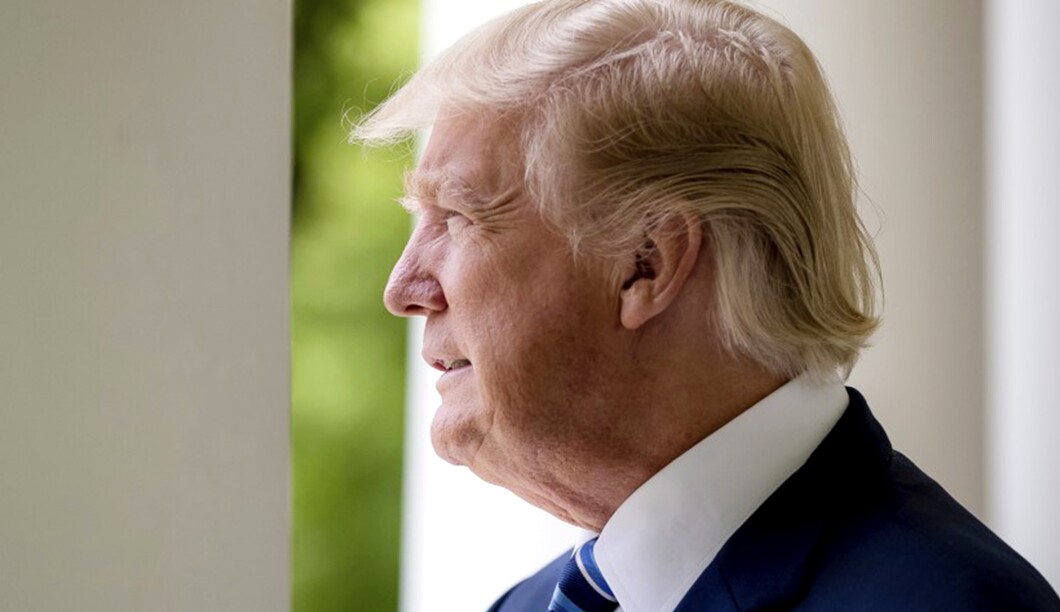
With the release of a heavily redacted affidavit for the Mar-a-Lago raid, the public is learning more about the Department of Justice’s investigation into the former president, but the matter is far from settled.
Multiple investigations and legal proceedings into the matter are underway, the outcomes of which have the potential to upend the 2024 election. Going forward, as the DOJ continues its sweeping inquiry, former President Donald Trump is hoping to block the department from combing through the trove of evidence collected.
‘PUBLIC RELATIONS SUBTERFUGE:’ TRUMP UNLOADS ON DOJ FOR REDACTING RAID AFFIDAVIT
Here are some of the Mar-a-Lago inquiry’s potential next steps.

Judge poised to weigh in on Trump motion
Earlier this week, Trump filed a motion seeking the appointment of a special master to oversee the DOJ review, and the former president has also urged a court to block the department from examining the evidence gathered from his resort in Palm Beach, Florida.
Judge Aileen Cannon, who was appointed by Trump to the U.S. District Court for the Southern District of Florida, quickly demanded him to elaborate, which his lawyers did Friday in a supplemental motion.
It is uncertain when a decision on the matter will come down.
Charges may be brought forward
Perhaps the biggest question looming over the DOJ’s investigation is whether or not Trump will face charges for having “highly classified records were unfoldered records” at his Florida home.
In both the redacted version of the affidavit and the search warrant for the raid, officials noted that they were investigating possible violations of the Espionage Act as well as obstruction of justice.
Legal analysts are torn about whether the former president will get prosecuted. Indicting a former president would be unprecedented, and there are a number of precedents that may protect Trump, according to Attorney Alan Dershowitz.
“There is enough evidence here to indict Trump. But Trump will not be indicted, in my view, because the evidence doesn’t pass what I call the Nixon-Clinton standards,” Dershowitz said during a segment on Hannity Friday.
Meanwhile, Andrew Weissmann, the so-called “pitbull” for special counsel Robert Mueller, believes Trump will face charges.
“When I read this today, my big, overarching takeaway is … the former president is going to be prosecuted,” Weissmann said on MSNBC. “What we are seeing is so much worse in terms of the volume, the length of time, and then the repeated obstruction and false statements that were made.”
If not Trump, others in his orbit could also get charged. In June, for example, Trump lawyer Christina Bobb signed a document attesting that all classified material had been handed over to the government, the New York Times reported.
Additional documents may be seized
Another possibility is that the DOJ is not yet done collecting documents from Trump. As investigators continue their inquiry, they may discover that Trump possesses more classified items that they need to confiscate.
So far, there have been at least three known transfers. The first came in January, during which the National Archives and Records Administration collected 15 boxes from Mar-a-Lago. After finding material with classified markings, the agency referred the matter to the DOJ, which opened an investigation.
In June, authorities reportedly acquired more documents with classified markings stashed at Mar-a-Lago. And in the August search and seizure, the FBI reportedly retrieved 26 boxes worth of material.
Congress could take action
In tandem with the DOJ inquiry, the House Oversight Committee has been investigating Trump’s handling of presidential records. Rep. Carolyn Maloney (D-NY), who heads the powerful investigative committee, announced the investigation earlier this year after news broke of the National Archives exchange.
Maloney has expressed a keen interest in Trump’s apparent failure to adhere to presidential record-keeping practices under laws such as the Presidential Records Act of 1978. Her investigation may be broader than the DOJ’s, which appears to be focused on the former president’s handling of classified material.
She has vowed to hold him accountable and could pursue legislation to strengthen requirements for presidential record-keeping.
“Former President Trump and his senior advisors must also be held accountable for any violations of the law,” Maloney said back in February. “Former President Trump’s conduct, in contrast, involves a former president potentially violating a criminal law by intentionally removing records, including communications with a foreign leader, from the White House and reportedly attempting to destroy records by tearing them up.”
CLICK HERE TO READ MORE FROM THE WASHINGTON EXAMINER
Trump has asserted that he declassified the material in question and has denied wrongdoing. Scrutiny over his handling of classified information comes as he is speculated to pursue another White House stint in 2024.
Conservative backlash to the raid helped drive a fundraising bonanza for the former president. But the possible legal peril from the DOJ inquiry could derail Trump’s presidential aspirations.







